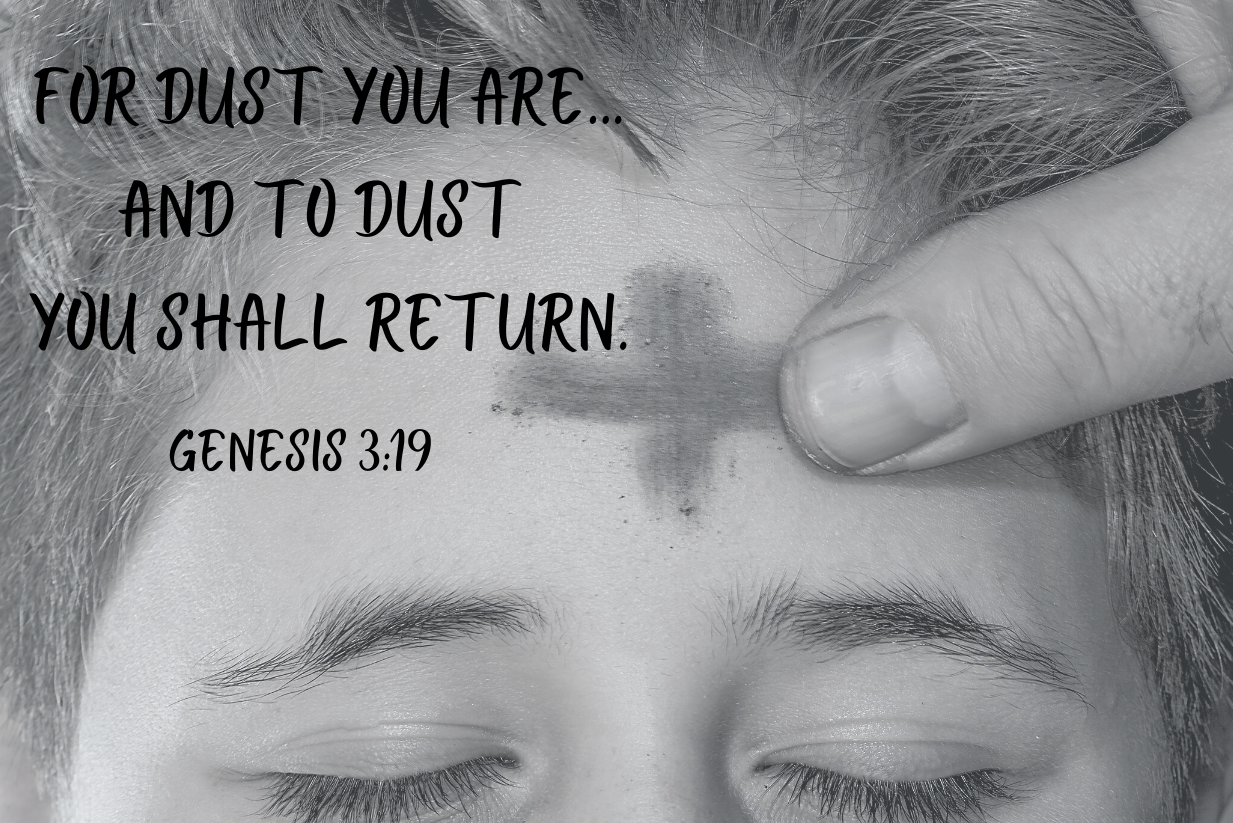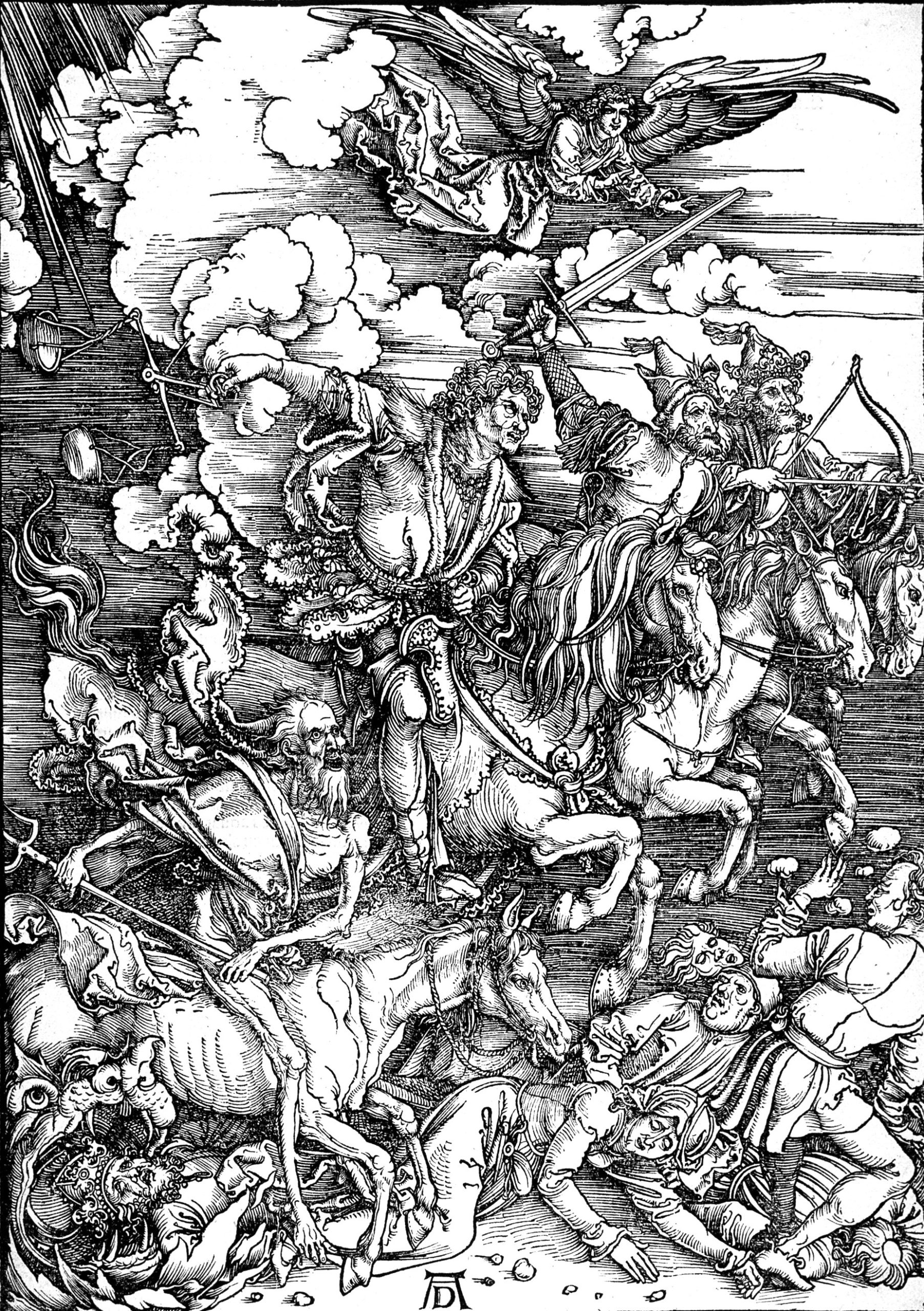The ‘Peace-and-Justice’ Mantra. (An Ed Schroeder Rerun, Part 2)

By Viktor Mikhailovich Vasnetsov – http://lj.rossia.org/users/john_petrov/166993.html, Public Domain, https://commons.wikimedia.org/w/index.php?curid=2649874
Co-missioners,
“Dust you are; to dust you shall return.” God saw fit to remind us of this in yesterday’s Ash Wednesday liturgy. As you read today’s continuation of last week’s post, you’ll notice how this word—grim, implacable—looms heavily in Ed Schroeder’s unhappiness with current church-based thinking about peace and justice.
Comes the question: did anyone hear what Ed once said the first time he said it? Probably not. Hence this rerun. “If at first you don’t get through, try and try again.” Isn’t that how God operates, as we learned again yesterday?
We hope you’ll share this widely for all the grief it’s sure to cause you.
Peace and Joy,
The Crossings Community
__________________________________________________________________
The “Peace-and-Justice” Mantra (Part 2)
by Edward H. Schroeder
(First published on December 9, 2004 as Thursday Theology #339)
5. When folks say that Christ’s kingdom is “much more than forgiveness,” I twitch. Almost sounds like forgiveness of sinners is small potatoes, but the real biggies are a reconstituted paradise of “abundant food, water in the wilderness, the liberation of slaves and exiles, healing of the lame, blind, and deaf, coming home to one’s land and occupation, and peace between peoples.”
If that’s what Jesus’s kingdom-talk and kingdom-work was really about, then why/how — even theoretically— can his crucifixion and resurrection (clearly central as THE Gospel core in the witnesses we have) generate such a society of peace and justice? What’s the connection, the cause-effect linkage? Is there any way to show that a crucified/risen Messiah is generative of the paradise world we all long for? I know of no one in the history of theology who has demonstrated that to bring in the “peaceable kingdom” it’ll take a Messiah on a cross.
We need to take a closer look at the terms peace and justice, for each one is indeed linked to Jesus in New Testament texts. But with a difference. His kingdom operation is to terminate the hostility between God and sinners. When he “breathes” on his disciples Easter Sunday evening in John’s gospel, that’s the breeze—the holy gust—that’s blowing on them. “My peace I give to you, not the world’s (left-hand) kind. Here is shalom in God-relations.
And the justice that comes with that peace is not the equity justice of the modern mantra. It’s the exact opposite. When sinners get equity justice from God, you always wind up with dead sinners. Not so the justice ministry of Jesus. His “justice ministry” is “mercy justice” for sinners. He takes the equity justice, the death sentence, in his body on a tree. And from his done deal he offers us a “life” sentence. Which he promises will hold up from here to eternity—right on through Judgment Day and then beyond.
This peace and justice confusion about the Kingdom of God has been around throughout the church’s history. It may even have been present when the New Testament documents were being written. I have a hunch that John’s gospel is a corrective to such confusion in his own time. Why else would he pass on to us such explicit words from Jesus that “my peace” is not what passes in the world for peace. Or Jesus’ long dialogue (only in John) with Pilate that his kingdom is NOT the world’s kind of kingdom. It’s not that his is real and the world’s is phony. Both are real, but they are on different turfs. In classical Lutheran Latin lingo, one is coram deo (God-relations), the other coram hominibus (human-relations).
Such confusion surfaced in gory fashion right in the midst of the Lutheran reformation too. Thomas Muentzer, Luther’s one-time student and later public enemy, claimed that a paradise restored was what the Kingdom of Christ meant. And if the violators of such a peaceable kingdom, the princes and landlords, wouldn’t make restitution peacefully, then by the sword it would have to be done. Granted, the princes were ungodly and demonstrated their bestiality as they butchered the oppressed. Even so, Muentzer’s theology of Christ’s kingdom was wrong. His vision was akin to Pilate’s in the long Johannine dialogue Jesus had with him. It was a kingdom “of this world” different in kind from the “not of this world” kingdom Jesus described as his own to Pilate.
6. Since Christ’s cross and resurrection didn’t generate such a paradise-world anywhere in the Roman Empire, what are the conclusions? Jesus was a charlatan? That’s plausible. More plausible, and more explicit in the New Testament kingdom texts is that Jesus’ Kingdom is something else than the kingdom envisioned by Pilates and Muentzers and today’s paradise-seekers. What do we do with his explicit claim to Pilate that his kingdom is “not of this world”? That doesn’t mean it’s pie-in-the-sky. Instead it means that the agenda he’s working on is a different one from “world-restoration.” It is a new way for God to “king it” over sinners, a new regime, a new way for God to “manage” sinners so that they don’t wind up dead, but live forever. It’s a kingdom about which Pilate doesn’t have a clue, bridging the God-Sinner gap—which no one “of this world,” not even the best folks (e.g., Moses) were ever able to pull off.
Pilate, too, doubtless thought such a kingdom was no big deal, finally irrelevant to the serious difficulties of daily life. And he has lots of allies these days too. So what else is new? The world’s majority has always sided with Pilate about the irrelevance of any kingdom of forgiveness, God’s included. John the Baptizer did not revamp Jewish society with his baptism for the forgiveness of sins. Neither did Jesus when he picked up the forgiveness theme himself and concretely enacted it. The convinced were always a remnant, a little flock. But Christians, of all people, ought not to get conned into minimizing the God-relations rescue and claiming that Christ’s kingdom is “much more than forgiveness.” How far away is that from what Paul tells the Galatians is an “other” gospel? For such other gospels you don’t need a crucified Messiah. For such gospels “Christ died in vain.”

By Albrecht Dürer – http://www.wga.hu/html/d/durer/2/12/2apocaly/index.html, Public Domain, https://commons.wikimedia.org/w/index.php?curid=95226
7. Seems to me that the apocalyptic Gospel texts of Advent Sundays are “perfectly clear.” Heaven and earth will pass away, Jesus claimed, even the social-Gospel improved society that we, here and there, are able to confect. But such oases of left-hand peace and justice are ephemeral. “Renewed and improved” old creation, yes, but still OLD creation. Not immune to the divine verdict “Not good enough to last,” ergo it too will pass away.
8. If it is Apocalypse Now—as I think it is—then the last book of the New Testament is our standard-bearer. And the Christian calling is to be “hustling the Lamb” (a.k.a. Christum treiben) for/with all the folks we
bump into as the apocalypse comes over the horizon and “we all fall down.” Christ calls us to be awake, that is, conscious that the four horsemen of the apocalypse and THE BEAST (once the Roman Empire and now the one and only empire still around) will be calling the shots, will be orchestrating the world’s destruction. Therefore “abundant food, water in the wilderness, the liberation of slaves and exiles, healing of the lame, blind, and deaf, coming home to one’s land and occupation, and peace between peoples” doesn’t happen when it’s apocalypse now. Read the headlines.
9. Au contraire. And why? Because God is turning loose the four apocalyptic destroyers. That’s what John the Seer says. They come with divine authorization. Therefore we’re not gonna stop ’em. Sure they terrorize us all, but they are the “rod of God’s anger,” and no one in John’s apocalypse—not even the Lamb’s worshippers—escapes the war, plague, famine, fire. The Lamb’s worshippers trust, not that they will escape these grim reapers, but that the Lamb’s resurrection is their grounds for hope—even as all the parameters of left-hand peace and justice crumble.
Such hope is not pie-in-the-sky. It’s planting your OLIVE tree (so Pastor Mitri Raheb of Christmas Lutheran Church in Bethlehem) even as the Israeli soldiers come again to destroy your life’s work. It’s doing the “inasmuch” stuff of Matthew 25, howsoever you can, as the sky continues to fall in. But still not resting your hope on what you can achieve there, since it too shall pass away. As Bob Bertram liked to say: “Hope needs success.” The only big success we’ve heard of—an Advent invasion from up front, beamed back into our law-of-sin-and-death world—is the One who conquered death, the death that otherwise always conquers all sinners. For sinners to hope in him makes sense, given the other options available.
10. That is what the Kingdom of God is all about. It’s about “God-relations” being healed. Here’s one description (Luther, Large Catechism, Lord’s Prayer, Second Petition): “What is the kingdom of God? Answer: simply what we learned in the Creed, namely that God sent his Son, Christ our Lord, into the world to redeem and deliver us from the power of the devil and to bring us to himself and rule us as a king of righteousness, life, and salvation against sin, death, and an evil conscience. To this end he also gave his Holy Spirit to teach us this through his holy Word and enlighten and strengthen us in faith by his power. We pray here at the outset that all this may be realized in us and that…led by the Holy Spirit many may come into the kingdom of grace and become partakers of salvation, so that we may all remain together eternally in this kingdom.”
Christ’s kingdom is a Good-News promise in God-relations. It’s coram deo stuff. The word “eternally” in the last line above signals both the kingdom’s turf (vis-a-vis the Eternal One) and its durability (forever and ever). Partial paradises in human relations, even extensive world-peace and equity-justice among peoples, are not “what is the Kingdom of God.” For one thing, they cannot pass the “eternal” durability test. In Jesus’ words, they still “pass away.” They are part of heaven-and-earth. They are never death-proof. Death-proofing is a coram deo agenda.
You have to have death behind you in order to be death-proof for the future. Which comes with the peace and justice generated by the Mangered Messiah. Which was the peace the angelic messengers were proclaiming. Yes, it was “on earth” (Hallelujah!) but it was a Peace with God (double Hallelujah!) that earthlings can never pull off. This promissory peace renders its trusters death-proof, Judgment Day survivors, even before it happens. This is the promise all Christ-trusters cling to—also as they take their last breath. The last line of Luther’s apocalyptic hymn “A Mighty Fortress” highlights its chutzpah: “Das Reich muss uns doch bleiben”—this Kingdom MUST be ours forever.” Why the “must”? God has “gotta” do it. He promised.
Peace (you know whose) and Joy (ditto)!
Ed Schroeder
Thursday Theology: that the benefits of Christ be put to use
A publication of the Crossings Community
